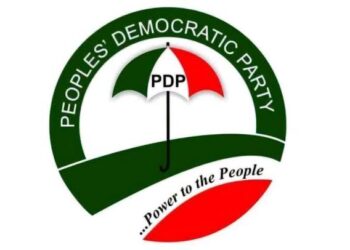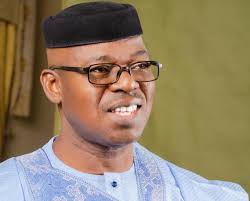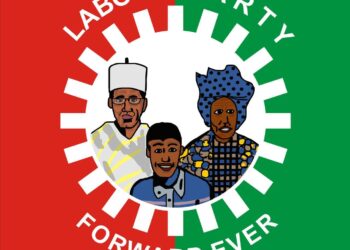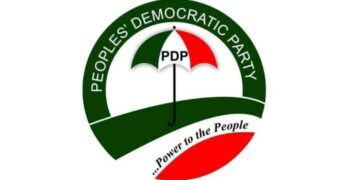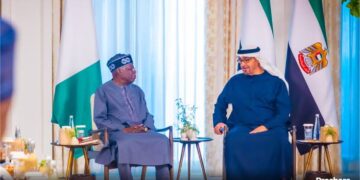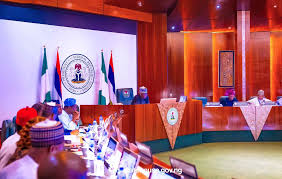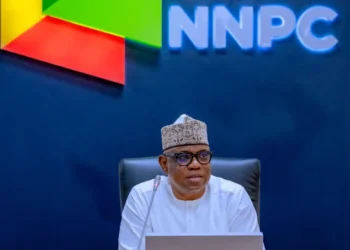Following Donald Trump’s recent victory in the U.S. presidential election, Iran views his return to the White House as an opportunity for the United States to reconsider its policies toward the Islamic Republic.
Esmaeil Baghaei, spokesperson for Iran’s foreign ministry, referenced the “bitter experiences” Iran has endured due to American approaches, especially the “maximum pressure” campaign that defined Trump’s previous administration.
The campaign, marked by the U.S. withdrawal from the 2015 nuclear deal and the imposition of extensive sanctions, placed significant strain on Iran’s economy and diplomatic relations.
Baghaei suggested that this renewed presidency offers a chance for Washington to review what Iran sees as “misguided policies” that have impacted not only Iran but also broader regional stability.
While Iran’s stance on the U.S. remains cautious, there is a hint of openness toward dialogue if Trump’s administration chooses a more flexible approach. Another Iranian official, meanwhile, emphasized that the nation’s plans for domestic and economic stability are independent of the U.S. political landscape, reaffirming that Tehran’s internal priorities will continue unchanged.
During Trump’s previous tenure, U.S-Iran relations deteriorated notably, culminating in the controversial 2020 airstrike that killed General Qasem Soleimani, a prominent figure in Iran’s Islamic Revolutionary Guard Corps.
This act, viewed as a serious escalation, was a watershed moment that left a profound impact on both diplomatic ties and Iran’s regional strategies. The event underscored the high-stakes nature of U.S-Iran interactions, fueling concerns of further conflict.
Despite their adversarial history, Iranian leaders now appear cautiously hopeful that Trump’s return might lead to a reassessment of U.S. policies. Though Iran maintains its independence in political planning, the nation acknowledges that a more cooperative approach from Washington could benefit both sides.



